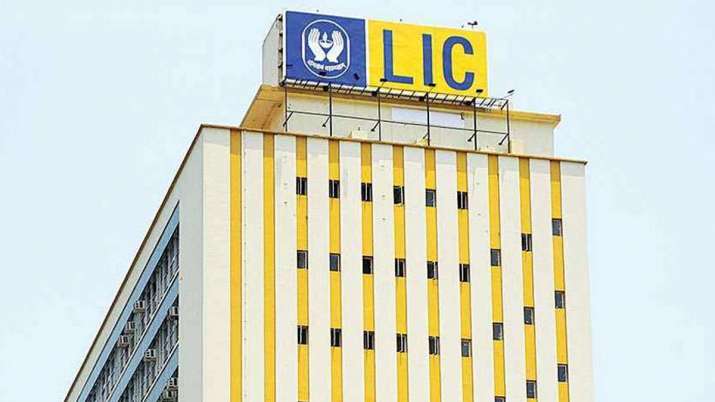For a long time, India’s insurance woes have been handled by the Life Insurance Corporation of India (LIC). Ever since its inception in 1956, it has been under the ownership of the Indian government. Today, it has over 2,000 branches and employs more than 105,000 individuals, maintains over $530 billion in assets, and has nearly 286 million policies in force.
Additionally, it commands a market share of 64.1% in terms of premium and a 66.2% market share in terms of new business premium (or NBP). Its profit had risen to ₹14.4 billion in the six months to September 2021.
Thus, you can see that it has become a household name among the Indian population. And now, it has filed for its draft red herring prospectus (DRHP) with the Securities and Exchange Board of India (SEBI) for what is slated to be a blockbuster IPO. The IPO has been in the making for couple of years now, as a part of an ambitious and much needed divestment drive by the Indian government. Air India was the start of it and LIC is the star.
According to the draft prospectus, the Indian government will sell about 316.25 million shares, or 5% of its stake, to raise nearly $8 billion in the largest-ever IPO in India. LIC’s current embedded value amounts to about ₹5.4 lakh crore, or $71.56 billion, and it will not be issuing any new shares.
The IPO and subsequent listing are expected to take place next month, in March. The exact pricing of the IPO is unknown, but it will be decided two days before the opening of the public offer, according to the prospectus. The IPO book-runners include Kotak Investment Banking, Goldman Sachs Securities, JP Morgan, Axis Capital, ICICI Securities, SBI Capital Markets, and Bank of America Securities.
If its embedded value (a measure of the value of a life insurance company) is nearly $72 billion, that puts its valuation at nearly $288 billion (₹22 lakh crores) since media reports indicate that its market valuation will be around four times the embedded value. If this does happen, then LIC will overtake Reliance and become the largest listed company in the country.
In an initial public offering, a company’s shares are sold to the general public. Many companies have taken this route to go public last year, such as Zomato, PolicyBazaar, Nykaa, and others. However, the fortunes of such companies have reversed in recent times as volatility and sell-off of tech stocks in the international market have resulted in the aforementioned Indian companies trading far below their offer prices.
The LIC IPO is entirely an offer for sale by the government. A portion of the IPO will be reserved for anchor investors, and about 10% of the IPO will be reserved for eligible policyholders (those Indian citizens who are holding LIC policies as of the date of the DRHP).
The Tech Portal is published by Blue Box Media Private Limited. Our investors have no influence over our reporting. Read our full Ownership and Funding Disclosure →





